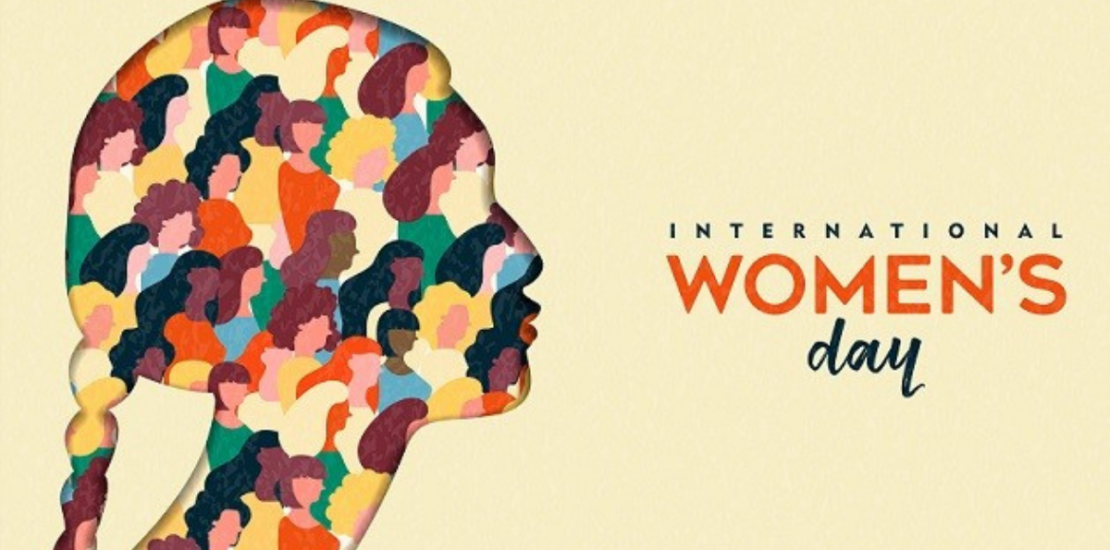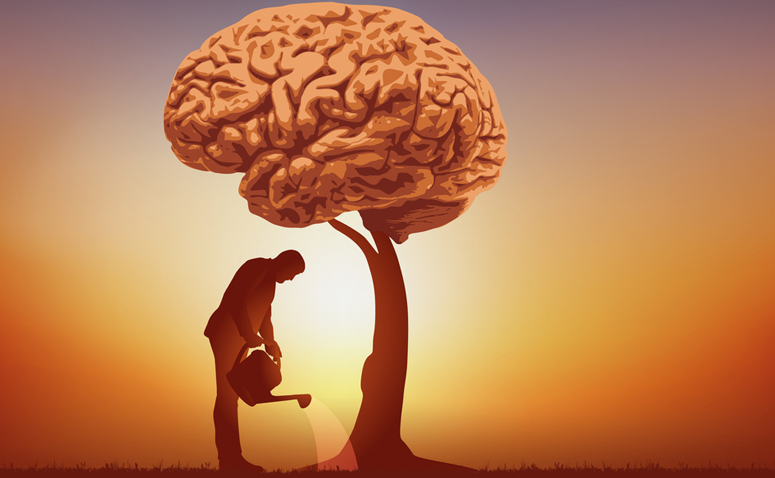Blogs
-
My short story for the International Women’s Day
- March 25, 2022
- Posted by: admin
- Category: Blogs
6 Comments
-
Mindfulness in Education: The change Educators Need Now.
- May 17, 2020
- Posted by: admin
- Category: Blogs

-
Should We Fire Him Over The Phone? Adapting in the times of COVID-19
- May 10, 2020
- Posted by: admin
- Category: Blogs

-
How to engage your Modern Workforces
- August 11, 2017
- Posted by: admin
- Category: Blogs

-
Do You Feel Unproductive Working From Home?
The current COVID-19 pandemic crisis has shown that the world (as a whole) even though it was once thought as an improbable system to slow down, can be halted in a span of weeks. This unprecedented situation that we are in at the moment has undoubtedly affected billions of people working for different companies, institutions, and organizations worldwide.
September 24, 2021 Read more -
Celebrating International Women’s Day: Empowering Workplace Happiness and Success.
Celebrating International Women’s Day: Empowering Workplace Happiness and Success Article By: Gifty Parker On this International Women’s Day, we celebrate the extraordinary achievements and invaluable contributions of women around the globe. As we honor their resilience and accomplishments, it’s imperative for employers to reflect on how they can empower women for happiness and success in
July 14, 2024 Read more -
Cultivating a Healthy Work Environment: Insights from PARKER HR Solutions
Cultivating a Healthy Work Environment: Insights from PARKER HR Solutions Article By: Gifty Parker As the Founder and CEO of PARKER HR Solutions, I’ve gleaned invaluable insights from real-life cases that underscore the pivotal role of fostering a diverse workforce and prioritizing regular employee feedback in maintaining a healthy organizational culture. Let’s delve deeper
July 14, 2024 Read more -
What best defines the HR mindset for you?
What best defines the HR mindset for you? Article by: Gifty Parker Repost from: https://peopletalkonline.ca/what-best-defines-the-hr-mindset-for-you/ Gifty Parker is an experienced HR professional specializing in employee relations who most recently worked as a recruiter, onboard manager, and quality auditor at Emirates Airlines based in Dubai. Also an experienced trainer, Gifty led several seminars and workshops during
October 13, 2022 Read more
Contact us at the Parker HR Solutions office or submit a business inquiry online.

